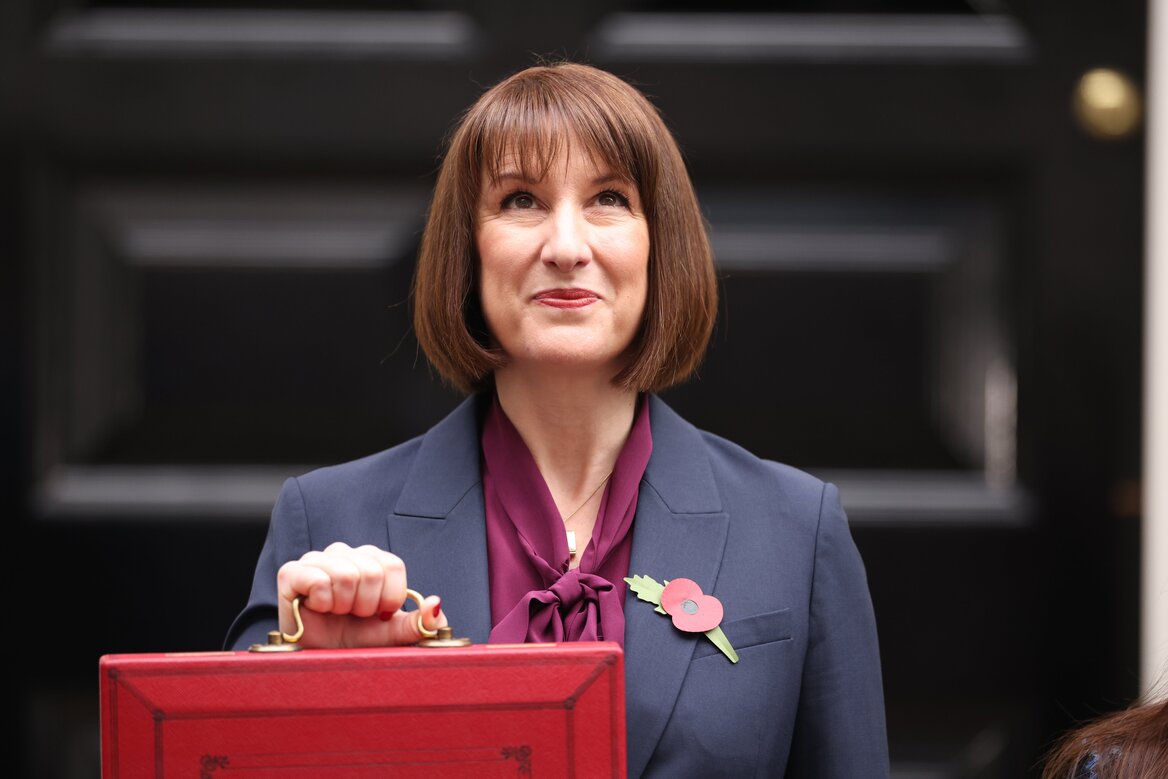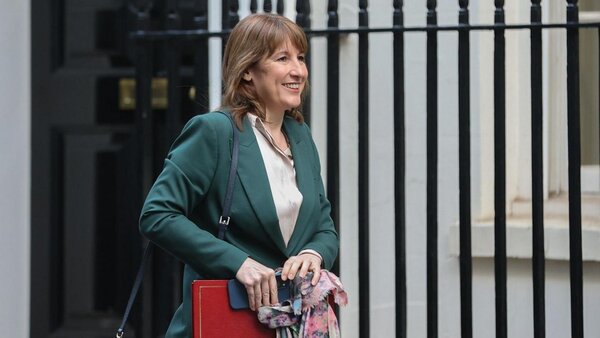Labour’s Reliance on GDP Raises Concerns Over Fairness
Labour’s return to power in 2024 has brought with it a renewed emphasis on economic growth, with Prime Minister Keir Starmer and Chancellor Rachel Reeves making gross domestic product (GDP) the centrepiece of their strategy. Ministers argue that improving GDP shows Britain is “back on track” after years of stagnation.
However, economists and commentators caution that GDP is a flawed measure of success. While it captures the total value of goods and services produced in the economy, it does not reveal whether ordinary households are actually better off. Critics argue that focusing on GDP risks alienating voters who feel little improvement in their daily lives, even as headline statistics point to recovery.
What GDP Shows and What It Misses
GDP is widely used by governments and international bodies as the main indicator of economic performance. Rising GDP is often presented as proof that policy is working.
But GDP is not designed to capture well-being or fairness. It ignores how growth is distributed, whether wages are rising, and whether public services are improving. It also overlooks unpaid work such as childcare and the environmental costs of production. As a result, GDP growth can coexist with stagnant incomes or worsening inequality.
Labour’s Political Strategy
For Labour, GDP offers a clear political message: growth equals success. Chancellor Rachel Reeves has repeatedly argued that restoring growth is essential for funding public services and reducing Britain’s debt burden.
Yet this strategy has limitations. If GDP rises while families continue to struggle with high costs and stretched services, Labour risks appearing disconnected. Some analysts suggest the government could strengthen its message by also focusing on measures that reflect living standards more directly.
Alternatives to GDP
Economists have long advocated for broader measures of progress. Suggested alternatives include:
- Median household income to reflect typical earnings
- Inequality indices to track the wealth gap
- Well-being and health outcomes for quality of life
- Environmental sustainability indicators such as emissions reduction
- Public service benchmarks including education results and NHS performance
Adopting a “dashboard” of indicators alongside GDP could offer a more rounded picture of Britain’s economic health.

Risks of a Narrow Focus
Celebrating GDP growth without addressing the realities faced by ordinary households can backfire politically. Critics warn that the public may feel misled if official figures show improvement while wages, housing affordability, and healthcare access remain under pressure.
As one analyst put it: “Claiming success at a time when many people feel the economy is working against them is only going to erode trust.”
Why Labour Sticks with GDP
Despite the criticisms, Labour has shown no sign of shifting away from GDP as its main measure. Observers say this is partly because GDP is internationally recognised and politically straightforward. It also reflects long-standing economic orthodoxy that state spending depends on private sector growth.
However, by relying so heavily on a single metric, Labour risks missing an opportunity to connect with voters on the issues that most affect their daily lives.
Global Perspectives on Measuring Success
Britain is not alone in facing questions over whether GDP should remain the primary measure of economic success. In recent years, several countries have experimented with alternative indicators that go beyond raw output.
New Zealand, for instance, has introduced a “Wellbeing Budget”, which allocates funding based on social outcomes such as mental health, child welfare, and climate goals. Similarly, Bhutan has long used its Gross National Happiness Index to prioritise environmental protection and community values alongside economic growth.
The European Union has also developed its “Beyond GDP” initiative, focusing on sustainable development and social inclusion. These examples suggest that governments can adopt broader metrics without abandoning growth altogether, striking a balance between economic performance and societal well-being.
For Labour, looking at these international approaches could help inform a more holistic strategy one that acknowledges GDP’s importance but complements it with indicators that better reflect the everyday realities of British households.

Final Summary
While GDP growth is a vital signal of economic activity, it is far from a full measure of national insurance. Economists argue that Labour’s reliance on GDP as its benchmark risks overlooking inequality, living standards, and the quality of public services. Unless improvements in everyday life match official growth figures, Labour could face growing criticism that its success is statistical rather than real.











